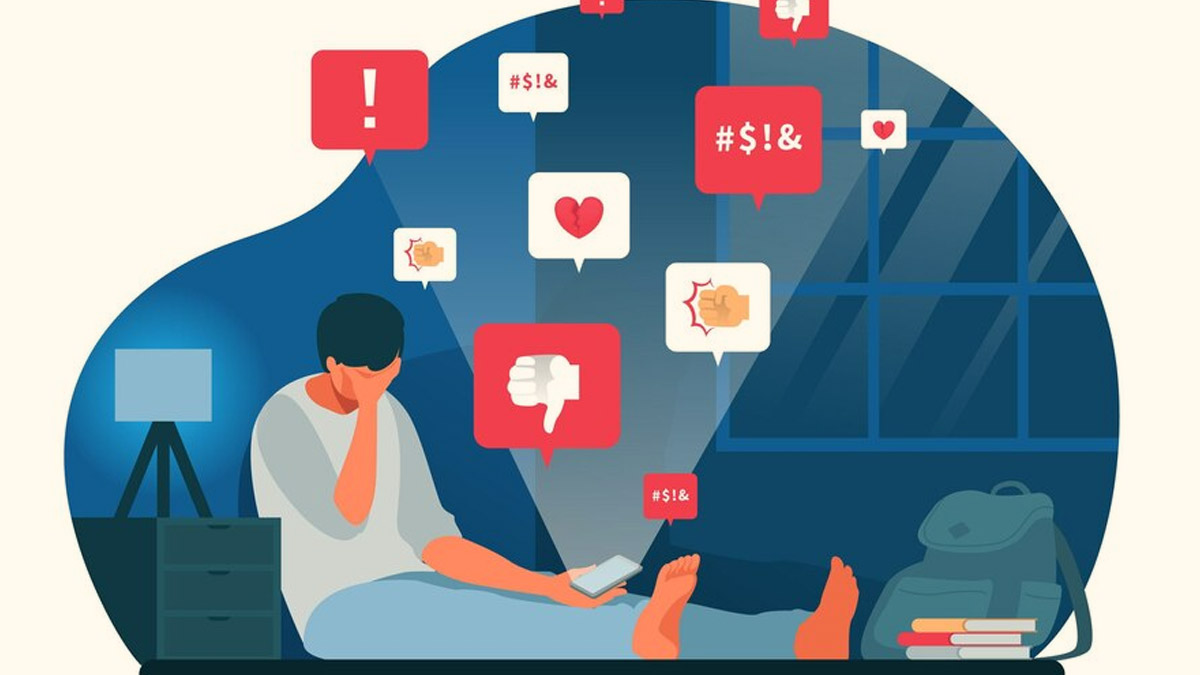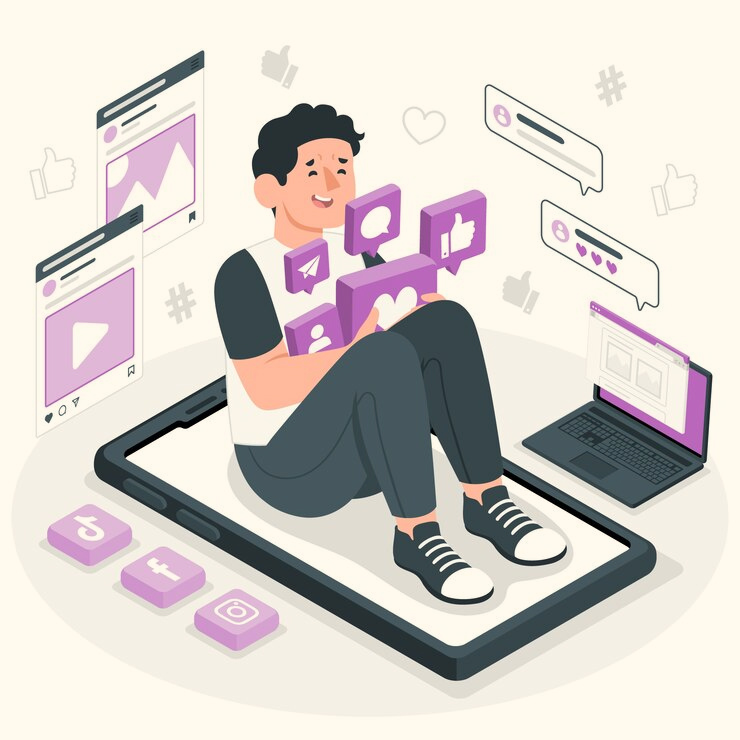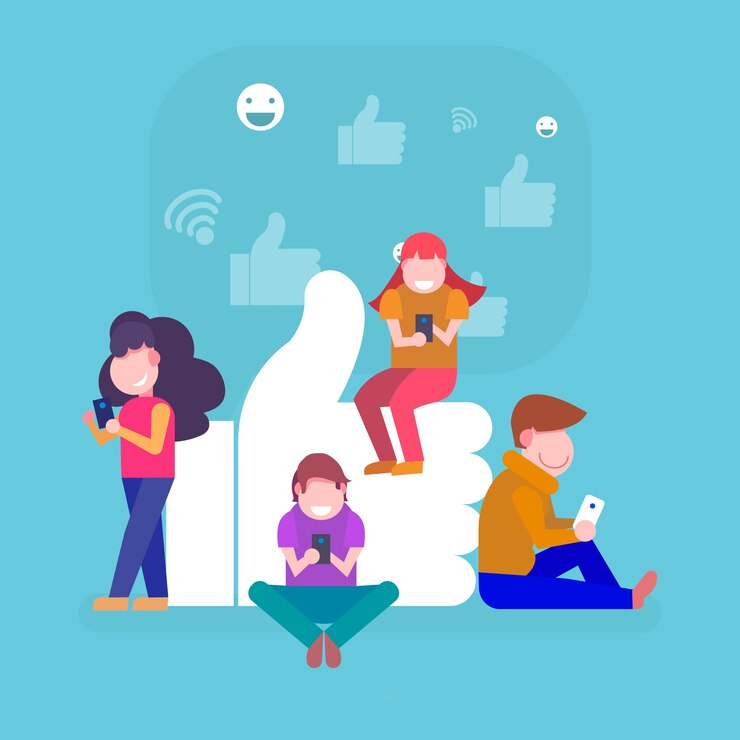
Social media has become an integral part of contemporary life, especially among adolescents. While it provides valuable opportunities for connection, self-expression, and community building, it also presents significant risks, particularly concerning mental health. Recent research underscores a troubling link between social media use and increased suicidal ideation among young people. On this World Suicide Prevention Day, observed on 10th September, we reached out to Sumalatha Vasudeva, Psychologist, Gleneagles BGS Hospital Kengeri, Bengaluru. who explained the impact o social media on suicidal ideation.
Table of Content:-
Impact of Social Media on Self-Perception

Platforms like Instagram, Facebook, and Twitter offer a window into the curated lives of others. This constant exposure to idealised images and experiences can create a distorted sense of reality.
“Users are frequently confronted with carefully selected posts that highlight the most glamorous aspects of life, which can lead to comparisons with their own, often less glamorous realities. Such comparisons can foster feelings of inadequacy, inferiority, and low self-esteem, which are significant risk factors for suicidal thoughts,” highlighted Vasudeva.
According to the Frontiers in Psychiatry, social media platforms are now widely used by various groups not just for communication and information consumption, but also for expressing signs of psychological distress and suicidal thoughts. Suicidal Ideation (SI) typically includes a desire for death, thoughts about dying, and/or plans for suicide. However, these thoughts are often not explicitly communicated, making them challenging to identify and measure.
Also Read: Why People Commit Suicide? How Can Suicides Be Prevented? Psychiatrist Explains
Role of Cyberbullying

Additionally, social media can act as a catalyst for cyberbullying. According to the Indian Journal of Psychiatry, cyberbullying is defined as a deliberate, hostile act carried out by an individual or group through electronic means, repeatedly over time, against a victim who has difficulty defending themselves.
“The anonymity and distance afforded by these platforms often encourage individuals to engage in negative behaviour, such as harassment, exclusion, and spreading harmful rumours. The psychological impact of such cyberbullying can be profound, leading to severe emotional distress and an increased risk of suicidal ideation. The lack of face-to-face interaction can sometimes make the hurtful nature of these actions feel even more intense and inescapable,” added Vasudeva.
Also Read: #MentalHealthMatters: What Is Depression? Explained
Strategies for Parents and Caregivers
For parents and caregivers, understanding the impact of social media is essential in safeguarding children’s mental health. Here are several expert-recommended strategies to help mitigate the negative effects:

- Open Communication: Create an environment where children feel safe discussing their online experiences. Engage in regular, non-judgemental conversations about their interactions on social media. This can help them feel supported and provide insights into their online life.
- Education: Educate children about the potential dangers of social media, such as cyberbullying and the unrealistic portrayals of life that often occur online. Helping them recognise that social media often presents a filtered and idealised reality can reduce its negative impact.
- Monitor Usage: Be aware of the amount of time children spend on social media and the nature of the content they are exposed to. Setting reasonable limits on screen time can help maintain a healthy balance between online and offline activities.
- Encourage Offline Activities: Promote engagement in offline hobbies and activities. Encourage participation in physical exercise, creative endeavours, and face-to-face social interactions. These activities can provide a positive counterbalance to the often superficial nature of online experiences.
- Support Systems: Ensure that children have access to stromg support systems, including family, friends, and mental health professionals. Early intervention is crucial for addressing any emerging issues related to mental health.
If you notice signs of distress in your child, such as withdrawal from previously enjoyed activities, noticeable changes in mood, or expressions of hopelessness, seek professional help promptly. Mental health professionals can provide valuable guidance and support to effectively address and manage these concerns.
Bottomline
Vasudeva concluded, “While social media offers numerous benefits and opportunities, its potential impact on mental health must be carefully considered. By staying informed, engaging openly with children about their online experiences, and fostering a supportive environment, parents and caregivers can help mitigate the risks associated with social media and promote a healthier digital experience for their children.”
[Disclaimer: This article contains information provided by an expert and is for informational purposes only. Hence, we advise you to consult your own professional if you are dealing with any health issues to avoid complications.]
Also watch this video
How we keep this article up to date:
We work with experts and keep a close eye on the latest in health and wellness. Whenever there is a new research or helpful information, we update our articles with accurate and useful advice.
Current Version